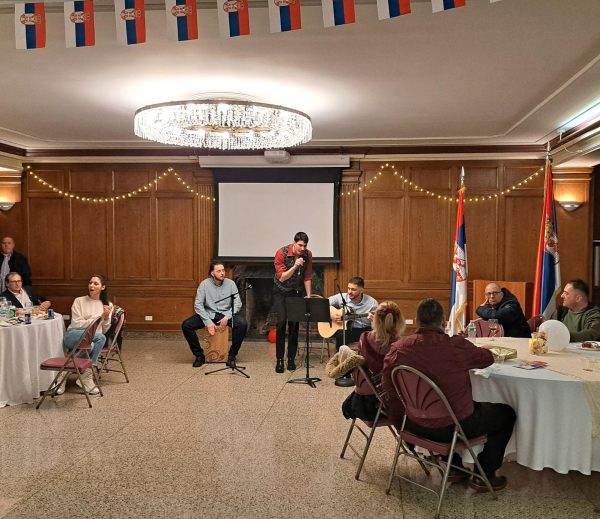Students speak out on text alert system
May 1, 2013
Whether scrolling past a seemingly endless amount of unopened “This Week at Iona” emails looking through their inbox or slipping innocuously into a LaPenta End Zone event to grab some free food, only to realize the event taking place was actually enticing, almost every Iona student has probably realized at some point the difficulty that comes along with conveying the wide variety of events taking place on the Iona campus.
Among the daily barrage of e-mails and flyers that fail to be noticed, however, one method does seem to effectively grab attention: the Campus Text Notification System.
On one level, a text is certainly something we are conditioned to give immediate attention to; yet on another, many students see the alert system as one generally concerning crucial and often time-sensitive information that, if missed, would greatly affect their schedule, plans, or even their safety.
This mindset has called some to question some possibly inappropriate uses of the alert system this year.
The page for the notification system on the school website delineates four types of notifications that its users will receive: weather cancellations and delays, emergency conditions, changes in parking condition, and critical issues. Granted, the website does not state that these will be the exclusive concerns of the system, and “critical issues” leaves open space for interpretation, yet many feel some texts are inappropriate for the notification system’s original intention.
On Nov. 19, students received a text message looking for students to volunteer for an event in celebration of Edmund Rice’s birthday. Iona freshman Natalie Ziskin said that the message “seemed sort of random, something you’d expect in an e-mail or something, but definitely not from a text alert.”
Another message, sent on Feb. 18, announced to students that “Today from 4-8 pm NR Police and Security will be training in/around Cornelia Hall as on-going joint training.” This message seemed to many students to be the sort of thing they would learn about through an e-mail, not from a text.
Freshman Kenzie Humann said, “students see the text notifications as serious and usually emergency related, whether they’re indicating school cancellations, changes in class or Gael Express schedules, and so on—its definitely conceivable that those sort of texts could make students less likely to pay such attention to the alerts.”
When the text alerts could potentially affect students’ safety, diminishing the attention they acquire could have serious consequences.
What are those who need to convey information of moderate importance to students without abusing the Text Notification System to do? With e-mails and flyers being largely ignored, Student Government President Jaclyn Shearer said that after having asked the person who runs the alert system to be more selective in the future in light of complaints, she and other SGA members began considering alternatives relating to social media, a live calendar, or possibly even an app.
The implementation of these possibilities, however, will likely be directly related to the student body vocalizing what information it wants and how it would like to receive it. Students would also have to offer their own creative solutions to the college’s information distribution problem.
Until then, we might as well expect the odd desperate text diluting the seriousness of the Campus Text Notification System.













